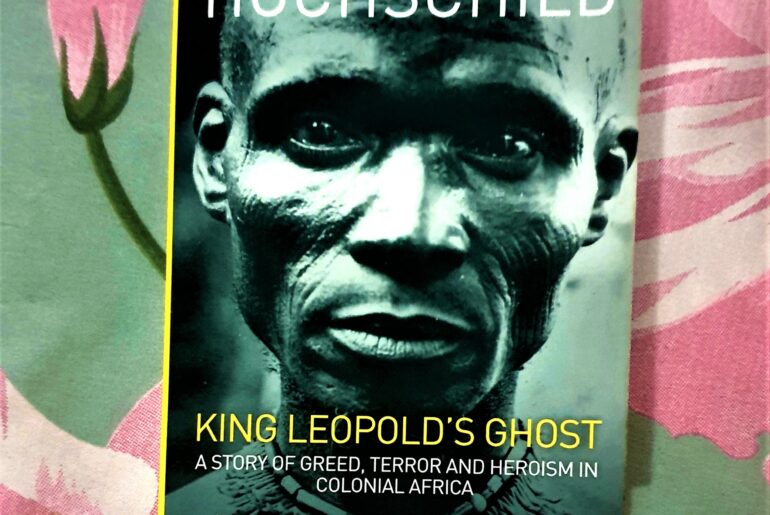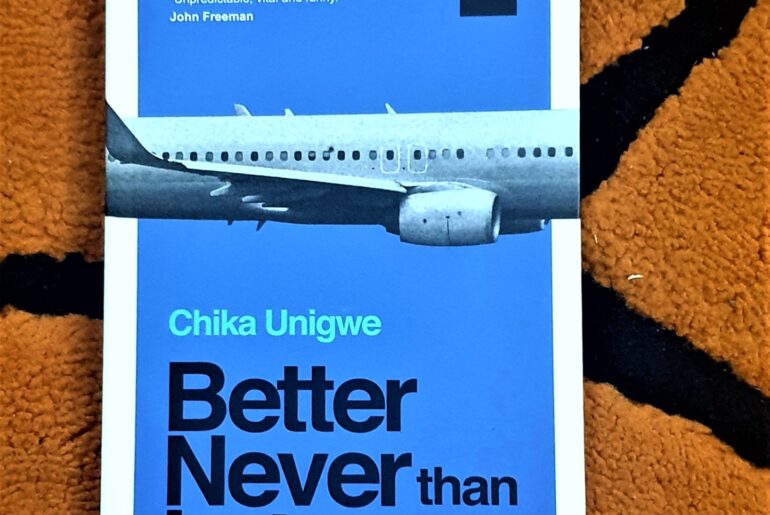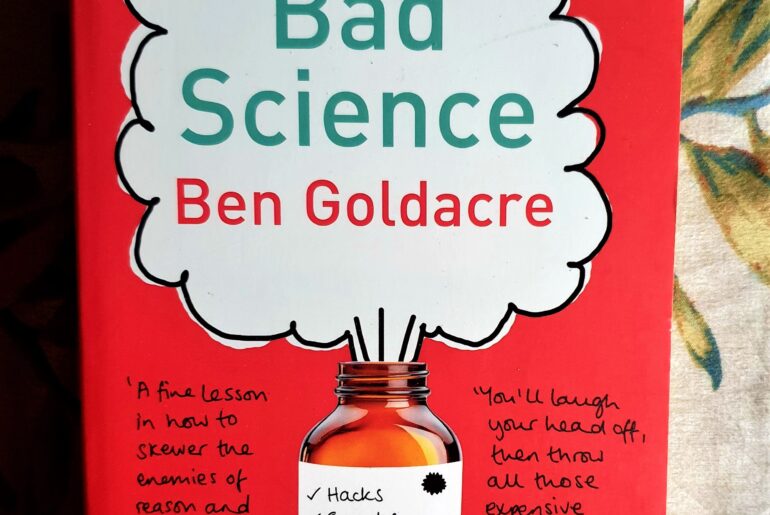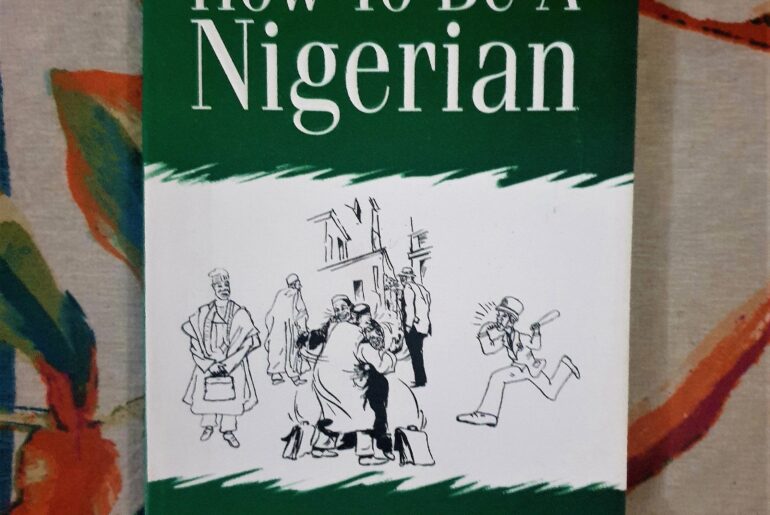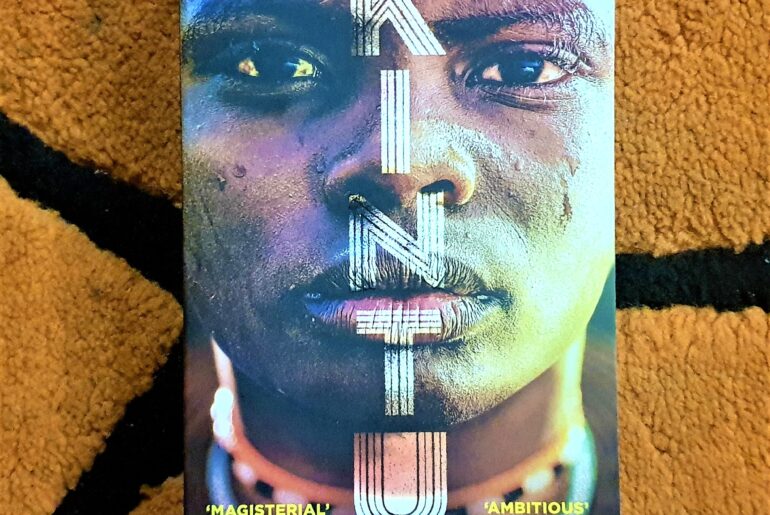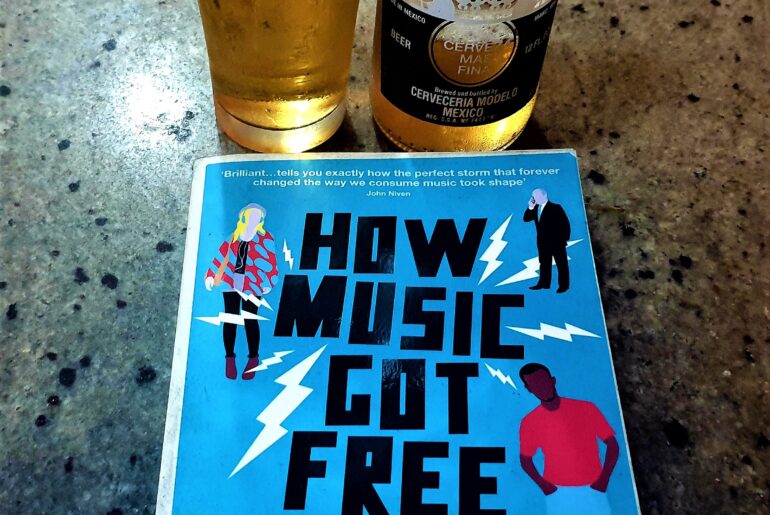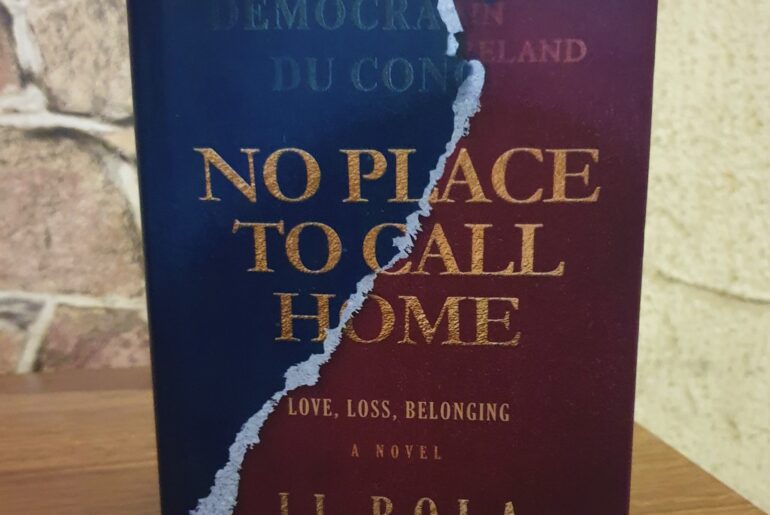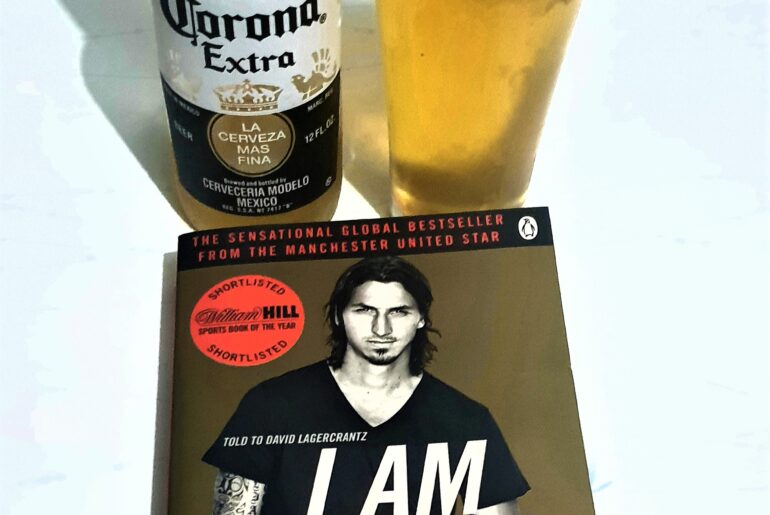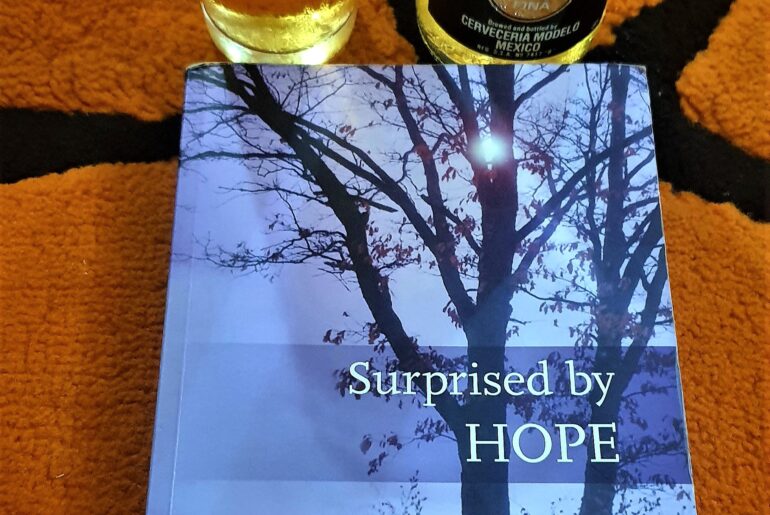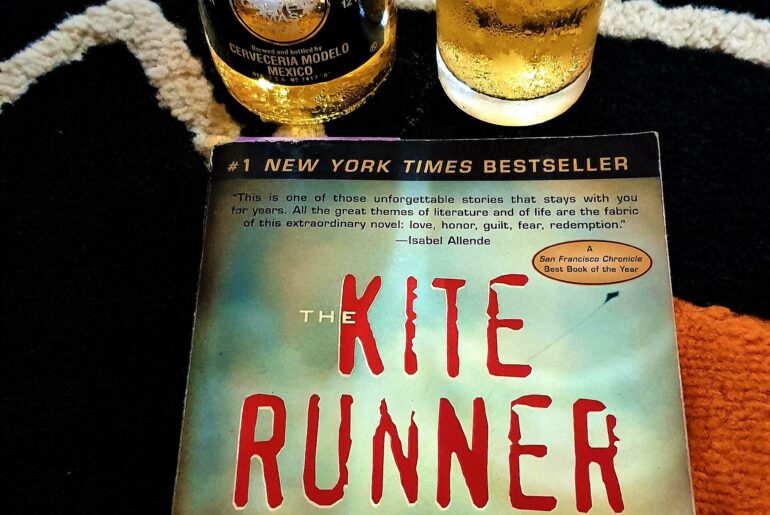King Leopold of Belgium might have started his rapacious pillage of the area that is today known as the Democratic Republic of Congo in 1885 but was not until 1897/1898 that the central character in the resistance of Leopold’s evil regime had his eureka moment. Standing on the dock of the port at Antwerp in Belgium;
18. Better Never Than Late
In this collection of ten short stories, Chika Unigwe captures the paradox of a facet of migrant life that is common but rarely explored in the Nigerian Diaspora communities. Better Never Than Late is a mosaic collection that centres mostly around Agu and his wife Prosperous and the small Nigerian community that congregates at their home most weekends.
The stories are written in very simple prose, with no standout sentences or paragraphs but the characters are well described, easily recognisable and almost never to be forgotten. Short stories do not give much room for character development but because most of the stories in this book are connected, some characters reappear and are further developed beyond a single story. Agu, driven by the ethnic violence in Jos which destroyed his supermarket business has migrated to Belgium fuelled with a fit of anger that propels him to anywhere but home. He is accompanied by his wife Prosperous who like a supportive wife has given up her thriving career and expansive lifestyle in Nigeria to migrate with her husband to a land where they are stuck at the very bottom of the societal ladder. In migrating, they have not only sacrificed the life they once had for a future that seems a mirage, but they have also sadly sacrificed the bliss of their marriage. Every aspect of their lives barely survives. Agu is so wounded by the loss of the past that he is barely aware that he is losing his wife in the present. A small group of fellow Nigerian migrants congregate at the Agus’ most weekends and through their characters we see the deceit and its rationalization that each person indulges all in a bid to gain access to decency in a foreign land. The paradox is that they do all this and sacrifice even that which should be sacred all in a bit to prosper in a foreign land while longing for the status and trappings of the land they willfully migrated from.
The characters in Better Never Than Late paint a sorry picture of migration – broken, frustrated, deceitful and devoid of hope. They ran away from a country that did not allow them to thrive and are now stuck in a foreign land where the intangibles of life make them long for a past they left behind. The brokenness is not only vivid but real. Realness is one some of us have seen in our daily lives. I have known several Gwachis. The Transfiguration of Rapu reminds me of the Gwachi I met while transiting through Istanbul a few years ago. A chatty young man in his early forties. Married to his high school sweetheart with three kids in Nigeria and married an elderly European lady in Europe. He shuttled between both homes (under the cover of trading in African wares) and was waiting for his citizenship before divorcing his elderly wife ( his Hilde) and relocating to his Nigerian family. Reading Better Never Than Late, I wondered how Gwachi’s wife (like the Gwachi I met in Istanbul) processed the deceitful and duplicitous life her husband lived (as she was well aware of the arrangement according to her husband).
It is almost impossible to evaluate the stories that comprise the Better Never than Late collection without acknowledging the failed Nigerian system that makes its citizens diasporans with little choice or those who have to choose between awful alternatives. This is a decent read that paints an important picture of the migration experience.
3.2/5
17. Bad Science
Bad Science is such a timely book that I am sure to return to it again in the coming months. It was published in 2008 and its content is more relevant today than ever before. It is a shakedown of the bad science that is perpetuated by pseudoscience that envelopes alternative medicine, nutritionists and even anti-vaxxers.
16. How To Be A Nigerian
In 1966, Peter Enahoro wrote a satirical booklet that briefly explored the psyche of the average Nigerian. The insights are humourous and incisive. There has been a lot of comparison with Be(com)ing Nigerian by Elnathan John.
15. KINTU
The sub-genre term – multigenerational epic, is a bit of a huge weight to hang on any book, much less a debut book of any writer but Kintu earns that description and delivers the expectation that the term carries, to a large extent. In 5 broad sections (Books 1 to 5), Kintu explores the ancestry and story of the Ganda people in Buganda kingdom (modern Uganda).
14. How Music Got Free
It was not always like this. A world where a device (phone, tablet or laptop) could hold a thousand songs effortlessly and even stream millions more at the click of a button is a recent novelty. This novelty is what is chronicled in this exquisitely written work of non-fiction. How Music Got Free is an excellent book that weaves through sound compression technology,
13. No Place To Call Home
If a home is where the heart is, the person whose heart is not settled has nowhere to call home. No Place To Call Home is an acute observation of the otherness that the average migrant experiences. An observation of loss, love, belonging and hope. The themes are many but the observations are vivid and valid.
12. I Am Zlatan Ibrahimovic
Zlatan Ibrahimovic is a brand that looms large in modern European football. He often projects an image that is larger than reality but the fact is that the reality itself is quite huge.
11. Surprised by Hope
10. The Kite Runner
This is an interestingly complex book. Simple yet complex. The Kite Runner is a tale of two friends, Amir and Hassan. It traces a lifelong friendship that explores layers comprised of betrayal, love, redemption, guilt and atonement.
